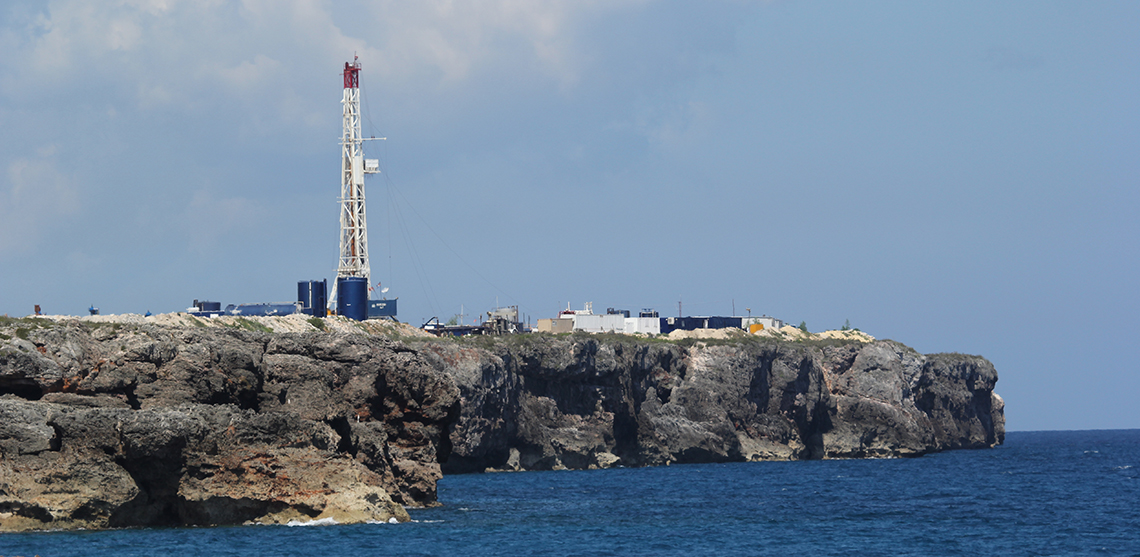Opps. The page you are trying to access no longer exsists or has been moved. Please use the sitemap below (or the search at the top of the page) to find what you're looking for.

Photo by Curtis Evert.
International oil and gas opportunities
If one was looking for more proof that the Canadian oil patch is still reeling from depressed oil prices, we got it recently with the latest drilling forecast from the Canadian Association of Oilwell Drilling Contractors (CAODC). The association has downgraded the projected wells drilled, operating days, rig count and employment for Q4 of 2016.
For companies who are looking for other challenges, exploring outside of our borders is worth a look.
"The Western Canadian Sedimentary Basin is a mature basin, says the president of the Canadian Global Exploration Forum, Curtis Evert. For conventional exploration plays, the pool size is quite small. Companies who are interested in exploring for conventional reserves will find higher potential in underexplored countries."
Argentina, Mexico and India are some countries Canadian companies should have a look at. "Margins within foreign jurisdictions can be higher than in Canada. This is a matter of risk and reward from both a technical perspective and a fiscal perspective. For the companies that are patient and have a well thought out strategy, international business can be very good," adds Evert.
Canada and Canadians have a tremendous amount of experience in E&P that is readily transferable to other basins around the world. Canadians are used to working in adverse conditions (winter and muskeg). Canadians have had to be innovative in order to explore for and produce much of our resource. Canadians also have expertise in non-conventional, including both shale gas and shale oil. Potential exists in basins around the world to utilize this experience.
–Curtis Evert
There are no doubts- there are challenges doing business internationally. The process in other jurisdictions can be longer (permits, sourcing services) and more expensive. One also needs to understand and respect the local regulations and culture.
Thankfully, others have been there before and there are a lot of resources available. Export Development Canada and Global Affairs Canada Trade Commissioner Service are two great places to start. Establishing a contact with trade commissioners will help you get in touch with local contacts. They also have great inputs on local culture. The Alberta International Development Office (AIDO) is an excellent resource as well. Alberta has offices around the world and AIDO organises trade missions regularly around the world.
As mentioned, being informed about local regulation is key. There are Canadian laws you need to be aware about that pertain to operating internationally. The Extractive Sector Transparency Measures Act (ESTMA) and the Canadian Corruption of Foreign Public Officials Act (CFPOA) are two pieces of legislations to familiarise yourself with.
To find out more from people who have been there, The Canadian Global Exploration Forum (CGEF) organises an annual conference where many of the Canadian companies with international operations meet and discuss opportunities.
Due to the downturn in oil prices, many companies who had raised money for initial exploration have matured the plays to drillable exploration prospects. Unfortunately, some of these companies have not been able to raise capital to undertake the drilling. In addition, the countries wanting to attract risked capital are now willing to negotiate their terms much more readily than when oil was at $100/bbl.
–Curtis Evert
It's a lot of things to take into account and Mr. Evert says it's worth the effort.
"From a personal perspective, it is second to none. One can gain insights into different cultures and places worldwide. Working internationally expands your horizons and helps you understand the world better in general. Some of my best experiences have been meeting new people from different countries."